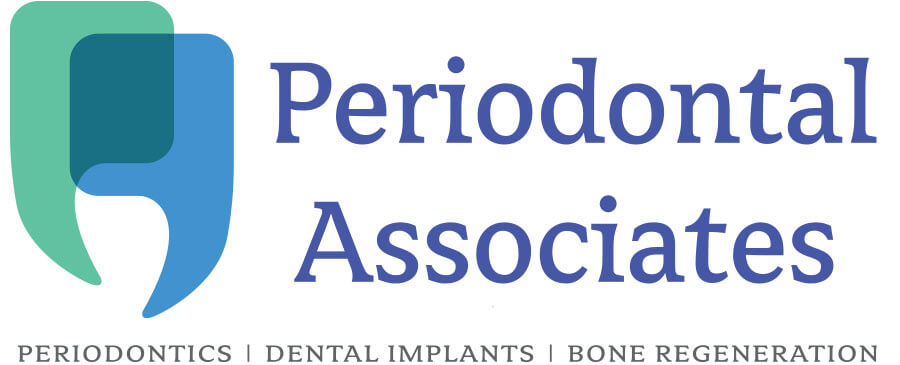
Periodontitis is one word that strikes fear in many adults, and for good reason. The CDC has estimated that more than 47% of adults have periodontal disease by the age of 30. By age 65, approximately 70% of people have some form of the disease. That explains why dentures and dental implants have become so normal, that most people expect to need them eventually.
The good news is that you don’t have to live in fear of periodontal disease. When you understand what it is and what causes it, you can take preventative actions. You should also know the symptoms of periodontal disease so that you can catch it while it’s possibly curable.
What is Periodontal Disease?
Periodontal disease is also known as periodontitis. It’s a medical condition that involves inflammation and infection in the gums and bone supporting teeth. It damages soft tissue and bone structure in the mouth over time and can lead to a receding gum line and potentially tooth loss.
The primary cause of periodontitis is an overgrowth of bacteria. That occurs when the teeth and gums aren’t cared for properly over time. If you make brushing and flossing a routine part of your day and visit your dentist for a cleaning on a regularly scheduled basis, you have a good chance of avoiding gum disease and keeping your teeth into old age.
Early Signs of Periodontal Disease
Periodontitis starts out as gingivitis. You may notice that your gums bleed when you brush or floss your teeth. Your gums may also just seem more tender than usual. If you look closely, you may also see plaque build up along your gum line.
In some cases, gingivitis is present with no apparent signs. If you’re visiting your dentist regularly for cleanings, they can alert you to signs noticeable from their experienced eye. Without those cleanings, you may not know you have periodontal disease until a later stage.
Signs of more developed periodontal disease include:
- Chronic bad breath
- Swollen gums
- Bleeding gums
- Pain when brushing or flossing
- Gum recession
- Tooth loss
- Sensitivity to cold and hot
What Happens if Periodontitis Isn’t Treated Properly?
Losing your teeth may seem like the most devastating long-term impact of untreated periodontal disease, but it can get worse. Severe gum infections can lead to inflammation and infection throughout the body. It can increase your chances of heart disease in addition to leaving you in need of dental implants or dentures.
Bad breath and bleeding gums can also interfere with your social and professional life. More advanced gum disease often means your gums start bleeding with any irritation, even if you aren’t brushing or flossing. It can take a toll on your self-confidence over time.
What to Do If You Think You Have Periodontal Disease
It’s easier to treat gingivitis than it is the more advanced periodontal disease. Preventative care includes brushing your teeth twice a day, flossing at least once a day, and seeing your dentist for a professional cleaning regularly.
If you have been neglecting oral care and you notice signs of periodontal disease, it’s urgent to schedule a cleaning with a local dentist. They can determine if you have gum disease and tell you what stage you are in if you do. The longer you wait, the more expensive it will become to treat the condition and the more likely you are to lose teeth.
If you have gum disease, it’s important to seek treatment as soon as possible. To schedule a consultation with Dr. Cooper, contact us today at 516-627-4151.
